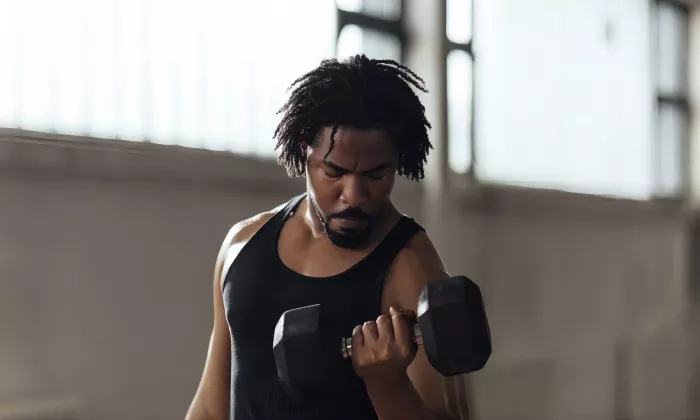In the realm of body transformations, few stories garner as much attention as dramatic weight loss journeys. One such transformation, showcased by British fitness influencer Maxwell Aldous, has stirred significant debate and controversy. Aldous, known for his impressive weight loss, recently shared a throwback video of his six-month fitness journey on Instagram, only to face a wave of mixed reactions.
Navigating the Basics of Weight Loss
Before diving into the controversy, it’s essential to understand the fundamentals of weight loss. Achieving a successful transformation involves a meticulous approach to diet and exercise. Aldous’s transformation was achieved through a rigorous “cut,” a term used for maintaining a calorie deficit to shed pounds.
Here are some key strategies for weight loss:
Calculate Your Calories: To lose weight, you must consume fewer calories than you burn. Start by determining your daily calorie needs and then reduce your intake by 250-500 calories per day.
Increase Fiber Intake: Foods high in fiber, such as fruits, vegetables, and whole grains, help keep you full and satisfied.
Stay Hydrated: Drinking enough water supports overall health and can help manage hunger and cravings.
In addition to diet, regular exercise is crucial. Whether it’s cycling, weightlifting, or another form of activity, consistency is key to long-term success.
A Polarizing Reaction
Aldous’s post was met with unexpected controversy. Some viewers expressed a preference for his appearance before the transformation rather than after, sparking a debate on social media. This reaction highlights an intriguing facet of male fitness culture: the perception of body image.
Comments suggested that Aldous’s pre-transformation physique was more appealing to women, whereas his post-transformation body catered to the “male gaze.” This feedback underscores ongoing discussions about how different genders perceive attractiveness and the impact of societal expectations on personal fitness goals.
The Impact on Male Fitness Perceptions
This controversy raises critical questions about the motivations behind fitness transformations. The discomfort expressed by some viewers reflects a deeper issue: the potential discouragement men might face when their post-transformation appearance is not universally praised. Such reactions can create confusion and frustration, as individuals grapple with the idea that they may have been deemed more attractive before making health-positive changes.
For many, the focus should be on the substantial benefits of a healthier lifestyle, rather than solely on external validation. The notion that being healthier might not always align with perceived attractiveness can be disheartening, but it’s crucial to remember that health improvements often lead to long-term benefits that outweigh fleeting aesthetic judgments.
Your Thoughts?
How do you perceive this transformation and the accompanying discourse? Does the shift from aspiring to achieve a lean physique to receiving criticism for one’s changes affect how you view the fitness journey? Is this debate overemphasized, or does it highlight a genuine issue within the fitness community?
Ultimately, the conversation around fitness transformations reflects broader societal attitudes toward body image and health. It’s important to focus on the positive outcomes of improved health and to support individuals in their personal fitness journeys, irrespective of external opinions.


